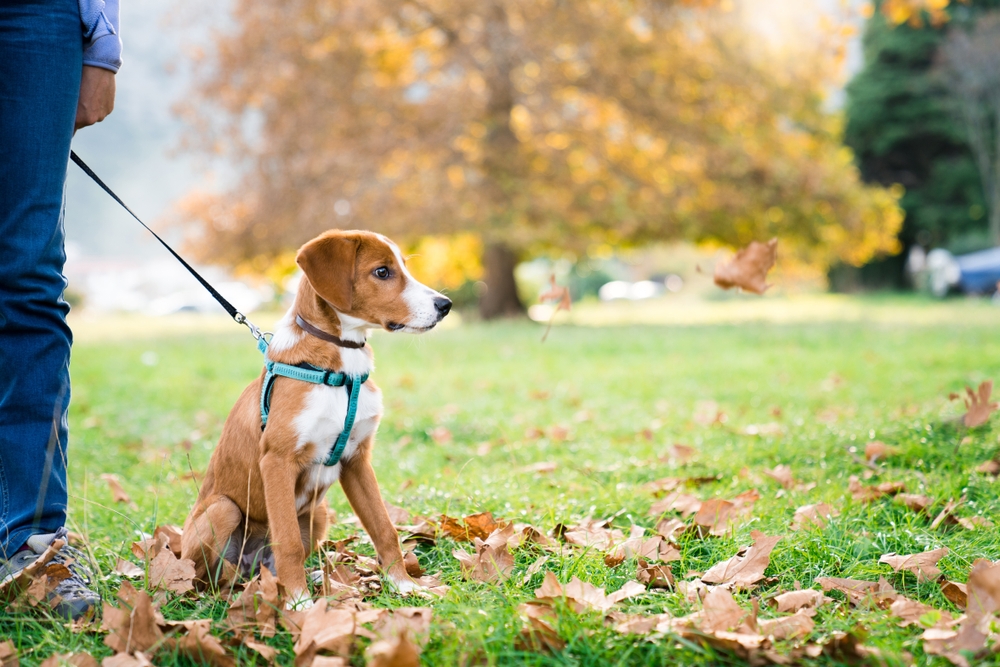
Bringing home a new puppy is an exciting time, full of cuddles, playful antics, and the promise of a lifelong bond. As you settle into this new routine, one of the most important steps you can take to ensure your puppy grows into a confident, well-mannered companion is early socialization. But what exactly does socialization mean, and why is it so critical for your puppy’s development?
What Is Puppy Socialization?
Puppy socialization is the process of gently introducing your young dog to a wide variety of people, places, sounds, sights, and other animals during their most impressionable developmental stage - typically between three and sixteen weeks of age. This period is when puppies are most receptive to new experiences, and positive exposure can help them develop into calm, friendly, and adaptable adult dogs.
The Benefits of Early Socialization
Builds Confidence: Socialized puppies learn to approach new situations with curiosity rather than fear. Whether it’s meeting new people, hearing the vacuum cleaner, or visiting the veterinary clinic, a socialized puppy is less likely to become anxious or fearful.
Prevents Behavior Problems: Many behavioral issues in adult dogs (such as aggression, anxiety, or excessive barking) stem from a lack of socialization. By introducing your puppy to new experiences in a positive, controlled way, you help prevent these issues before they start.
Improves Training Success: Puppies exposed to different environments and stimuli are often more attentive and responsive during training sessions. Socialization helps them learn to focus even in distracting situations, making obedience training much more effective.
Promotes Safe Interactions: A well-socialized puppy is more likely to interact safely with other dogs, children, and strangers. This means fewer altercations at the dog park and a more enjoyable experience for everyone involved.
How to Socialize Your Puppy
Socialization should always be positive and gradual. Start by exposing your puppy to household noises, gentle handling, and short car rides. Invite friends and family to meet your puppy, and gradually introduce them to other healthy, vaccinated dogs. Supervised puppy classes can also provide a safe, structured environment for learning essential social skills.
Always watch for signs of fear or discomfort, and never force your puppy into situations that seem overwhelming. Use treats, praise, and patience to create positive associations with new experiences.
The Role of Your Veterinarian
Before you begin socializing your puppy, schedule a checkup with your veterinarian to ensure your pet is healthy and up-to-date on vaccinations. Your veterinarian can also offer personalized guidance on safe socialization practices, especially regarding interactions with other animals.
Support Your Puppy’s Growth
Early socialization is one of the most valuable gifts you can give your puppy. It lays the foundation for a happy, well-adjusted adult dog who can navigate the world with confidence and ease. By investing the time and effort in proper socialization, you set your puppy up for a lifetime of positive experiences and loving relationships.
Contact Connecticut Veterinary Center to schedule your puppy’s wellness visit and learn more about safe socialization practices. Visit our office in West Hartford, Kensington, or Windsor, Connecticut. Call (860) 233-8564, (860) 229-8960, or (860) 688-2026 to book a grooming appointment today.







